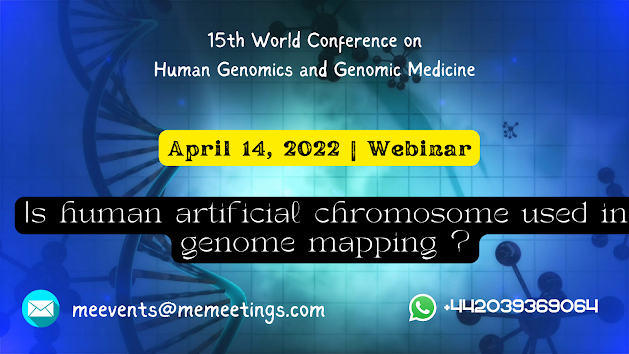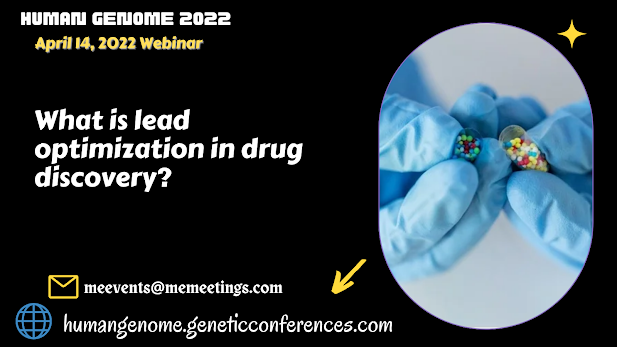How can changing one's environment help human?
Human actions are responsible for
many of the most easily known causes of these shifts. The burning of fossil
fuels for heating and energy generation, as well as the usage of
chlorofluorocarbons (CFCs) as coolants and aerosols, are major contributors to
the accumulation of greenhouse
gases. Acid rain is generated when sulphur
dioxide and nitrogen oxides in the air interact with water vapour, and it is
caused by the combustion of fossil fuels. Ozone, carbon monoxide, lead, sulphur
dioxide, nitrogen dioxide, and particulates are all pollutants made as a result
of industrial and energy-generation activities. The concentration of CFCs in
the upper atmosphere is thought to be a direct cause of stratospheric ozone
thinning.
Plasticity
is the ability of an organism's brain to adjust its behaviour in response to
changing environmental pressures. Plasticity's evolutionary function is to
provide us the cognitive flexibility to adapt from previous experiences,
monitor the world based on learned expectations, and alter our actions when
those predictions are broken. This sort of adaptation is supported by both
progressive (myelination) and regressive (synaptic pruning) brain alterations.




Comments
Post a Comment